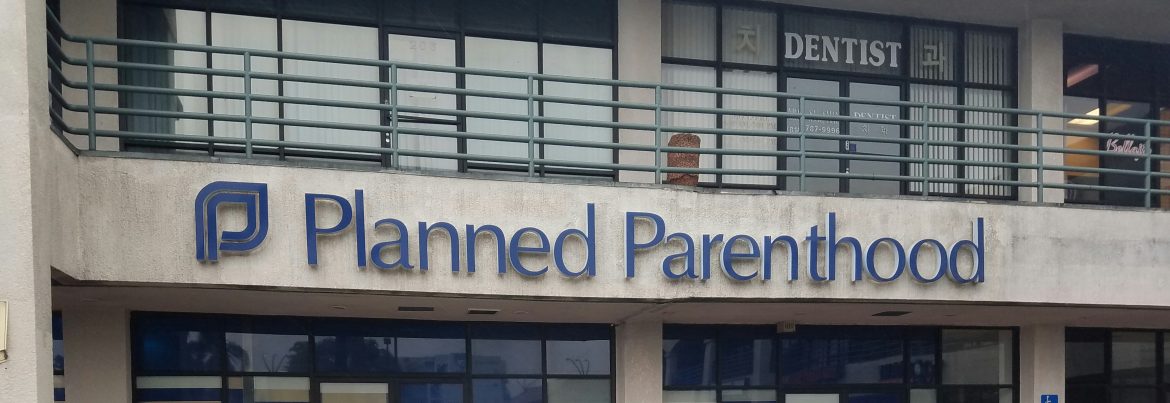On Jan. 24 President Donald Trump signed an executive order that would stop organizations like Planned Parenthood Federation from receiving federal funding.
Some women across the nation are now worried that the new administration might compromise their rights to family planning, contraception and sexual education.
“If all women cannot have access to reproductive healthcare I feel that there will be much larger problems on our hands,” said 20-year-old Savannah Carol. “Their services have helped me so much.”
The services provided by Planned Parenthood are broken down by 3 percent abortions, 42 percent sexually transmitted infection (STI) screenings, 34 percent contraception, and 9 percent used for cancer screenings.
“If people don’t have access to sexual education and testing we will have a larger crisis on our hands,” said Anna Benitez, a psychology major. “From a psychological perspective, females who get pregnant at a young age have a higher chance of getting post-partum depression.”
By definition Planned Parenthood is a nonprofit organization that “delivers vital reproductive health care, sex education, and information to millions of women, men, and young people worldwide.”
The House recently voted to approve a resolution, which works toward defunding Planned Parenthood. The bill, HJ Resolution 43, would withhold family planning funding for about 300 million dollars annually.
Evelyn Aguilar, 24, said that “It is important that Planned Parenthood keeps its funding because without it a lot of us women wouldn’t be able to get the care we need to stay healthy.”
Though this bill calls for concern Planned Parenthood released a statement on Twitter saying, “These doors stay open.”
Last weekend around 3,000 people marched in Encinitas, Calif. to defend the health organization. The message was used to show solidarity with Planned Parenthood and the importance of protecting women’s reproductive and healthcare rights.
It is also important to note that the programs that use Planned Parenthood are part of Title X and Medicaid, which target middle to low-income Americans. Title X however, does not allow the use of federal funding to cover abortions, while Medicaid uses government money in special cases.
Funding cuts to these clinics that may lead to an increase in unwanted pregnancies and limit accessibility to family planning services for low-income families.
According to Sharon Aronoff, a health educator at the Klotz Student Health Center, students pay for the ability to use the health center through their tuition. As a result, the executive order will not affect the Klotz Center.
“The programs and services at the Student Health Center are a benefit to all currently enrolled students,” said Aronoff. “It does not cost students anything to see a doctor or practitioner for their basic needs.”






